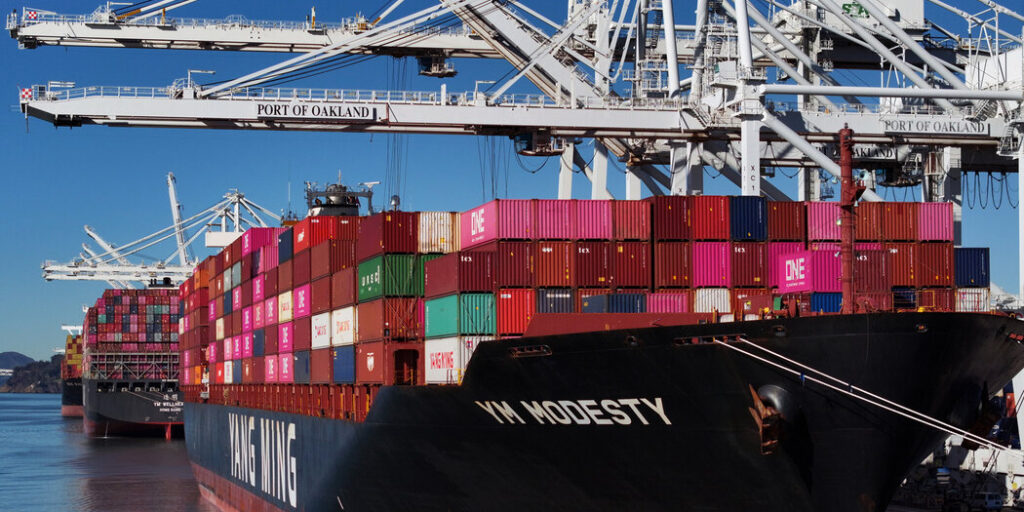Trump Declares National Emergency for Tariffs
In a recent move to counter what he referred to as detrimental foreign trade and economic activities, President Donald Trump declared a national emergency. By invoking the International Emergency Economic Powers Act, he announced the implementation of extensive tariffs. These tariffs, which are taxes paid by U.S. importers and usually passed on to consumers, began with a baseline 10 percent on goods from nearly every country, with elevated rates for certain countries starting shortly afterward.
Emergency Powers and Their Appropriate Use
Emergency powers are typically reserved for presidents to swiftly manage unforeseen crises, allowing temporary solutions until Congress can act. These powers are not meant to address long-standing issues or bypass Congressional authority on policymaking. Under the National Emergencies Act, more than 150 statutory powers become available to the president during a national emergency. One of these is the International Emergency Economic Powers Act, which should only be activated when faced with an “unusual and extraordinary threat” to national security, foreign policy, or the economy.
President Trump’s justification for invoking this law is based on the claim that global trading relationships pose such a threat. However, established trade relationships don’t typically qualify as crises. If there is a belief that global tariffs would be beneficial, the proper protocol would be to present this case to Congress for a legislative decision.
Does the International Emergency Economic Powers Act Include Tariffs?
The International Emergency Economic Powers Act was intended for economic sanctions on hostile entities, not for imposing tariffs. The law and its legislative history do not mention tariffs, suggesting that using it for this purpose was not Congress’s intent. Historically, no president has applied this law to impose tariffs, highlighting the unconventional use of this power.
Historical Misuse of Emergency Powers
Presidents have previously leveraged emergency powers for policy objectives without the presence of an immediate crisis. Trump’s first-term emergency declaration concerning U.S.–Mexico border migration and Biden’s attempt to use emergency powers for student debt relief amid the Covid-19 pandemic are examples. The International Emergency Economic Powers Act has often served as a routine foreign policy measure, not linked to emergencies, supporting sanctions for various issues. However, Trump’s tariff imposition extends this misuse as it affects every country globally rather than targeting specific entities.
Judicial and Legislative Pathways Against Misuse
Court intervention is conceivable, albeit challenging, as they often defer to presidential decisions in emergencies and foreign policy. However, courts can intervene if there is a clear overreach. If they determine that the law does not sanction tariffs, the president cannot rely on it. Congress faces obstacles in counteracting such presidential actions due to the loss of the legislative veto, requiring a supermajority to terminate emergency declarations.
Proposed Reforms for Emergency Powers
The Brennan Center has suggested amendments to the National Emergencies Act, such as making emergency declarations expire after 30 days unless Congress approves them. This change would reinforce Congressional oversight. Additionally, they advocate for reforms to the International Emergency Economic Powers Act to prevent misuse, including a ban on using it for tariffs. While enacting these reforms under the current administration may prove difficult, bipartisan support makes it a worthwhile pursuit.





